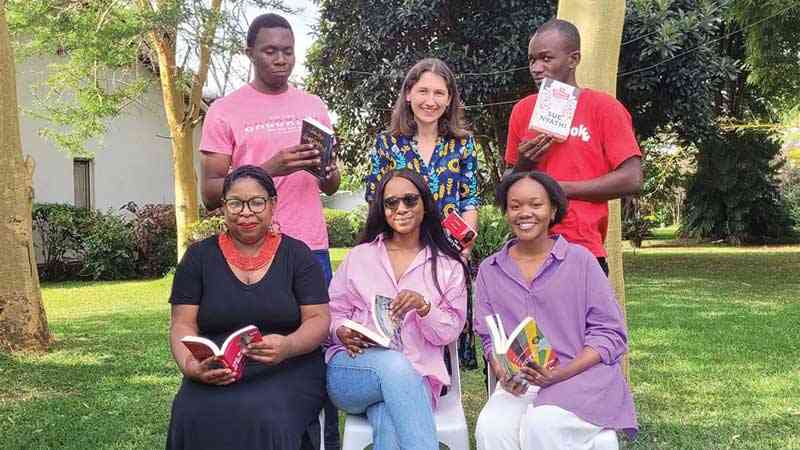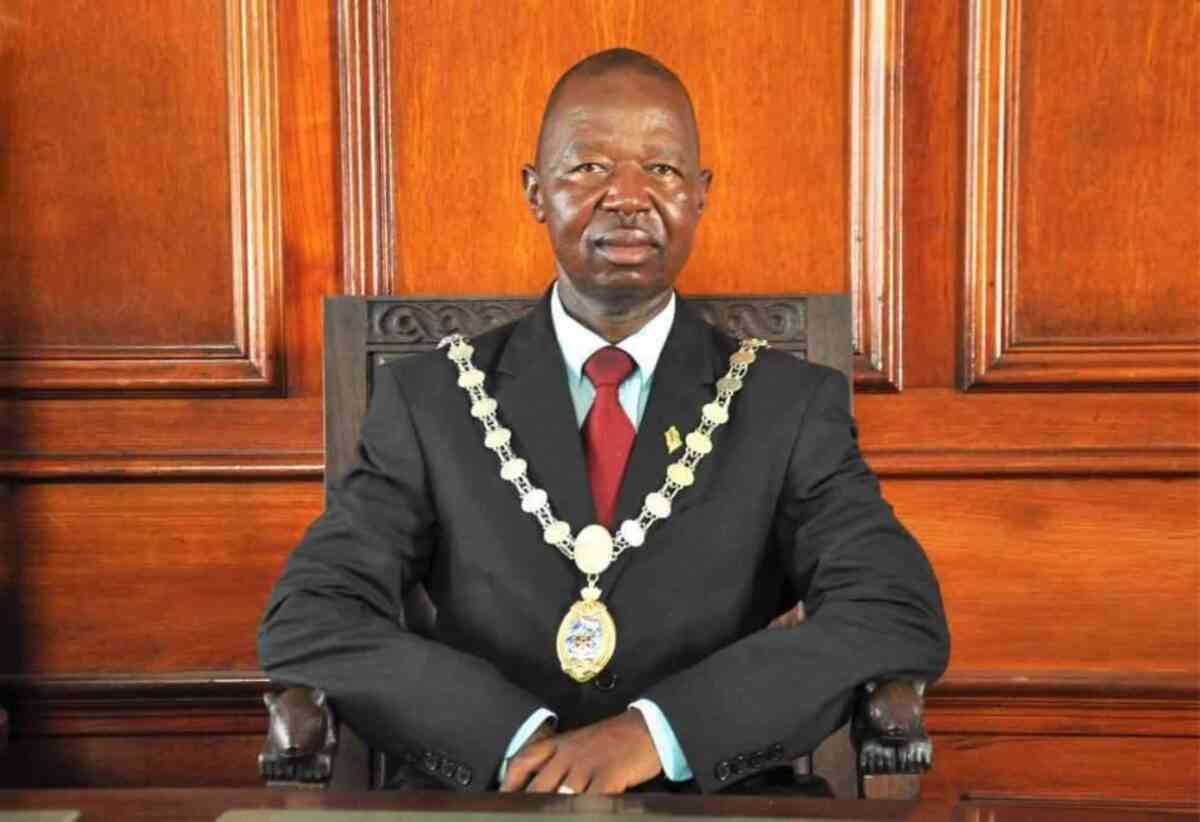
IN a recent documentary titled Women Writing Zimbabwe” BBC featured some of the exceptional Zimbabwean Women making a global impact through literary fiction.
In the documentary, book enthusiast and journalist Tawanda Mudzonga embarks on an explorative journey aimed at explaining why each year Zimbabwean Women Writers are increasingly becoming recognised internationally in several fiction prizes such as The Guardian, The Booker Prize and Caine Prize just to name but a few.
Among Zimbabwean Women who have either been nominated or won several writing accolades include literary guru Tsitsi Dangarembga who has won several writing accolades, No Violet Bulawayo and Sue Nyathi just to name but a few.
The documentary explores why Zimbabwe has produced so many talented and renowned women writers. She spoke to emerging authors including No Violet Bulawayo, Valerie Tagwira, Ross Tshuma and Nyathi among others.
For a long time, black Zimbabwe women writers were not published with Tsitsi Dangarembga having broken such barriers when her novel Nervous Conditions exploded into Zimbabwe’s conscience less than a decade after Zimbabwe’s historic independence from British colonial rule.
Set in a post-independent Zimbabwe, the novel tells the story of Tambudzai — a young woman who tells the heart wrenching story of the difficulties and experiences of being a black girl in a patriarchal society.
“I was not sorry when my brother died. Nor am I apologising for my lack of callousness, as you may define it, my lack of feeling. For it is not that at all. I feel many things these days much more than I was able to feel in the days when I was young and my brother died, and there are reasons for this more than the mere consequence of age’
This phrase narrates or summarises how at 13 years Tambu had to find her emancipation at the expense of her brother’s untimely death.
- Tsitsi Dangarembga, charged with inciting public violence, 28 hearings in two years
- Women tell own stories through film fest
- IIFF partners German women’s film festival
- Letters: Dangarembga’s conviction is a ‘travesty of justice’
Keep Reading
Mudzonga credits Dangarembga for breaking the chains and inspiring women authors to pen their narratives and interviews contemporary Zimbabwean women who have since carried the torch and are rising to the occasion.
South Africa-based Zimbabwean author Nyathi is one of the featured women writing Zimbabwe who through her novel The Angel’s Demise–shares the story of an Angel born before the cast of Independence in 1980.
Her birth and the birth of Zimbabwe are almost parallel. Zimbabwe is also a character as we watch her grow and navigate her way throughout the book. As such Angels growth also mirrors that of Zimbabwe.
Angel’s Demise also explores topical issues haunting post-independent Zimbabwe such as the empowerment of black Zimbabweans, HIV and AIDs pandemic and its effects on society, Farm invasion among a whole host of issues confronting Zimbabwe at the time.
The book’s characters are lived through historical events we all experienced.
Nyathi stated that she had only been taught European History and felt that there was greater need to share our own historical narratives and contemporary issues related to our modern society through literature hence one of the inspirations behind her literary works.
The documentary explores how at the turn of the Millenium, Zimbabwean women are carrying the burden of sharing the Zimbabwean narrative and how women are usually attacked for sharing their experiences through writing as compared to their male counterparts.
“A woman’s experience is different from that of men. Women encounter most of the day-to-day struggle”
Valerie Tagwira’s Uncertainty of Hope — which was published after Operation Murambatsvina which saw the destruction of 700 000 homes by the Mugabe regime is also featured in the documentary.
“The officer gave a second impatient signal for the demolition process to begin. Concrete, blocks and Asbestos sheets fell with a resounding crush…. He looked stunned as he watched the house which had embodied his dreams falling down. There was no way he could save the furniture in the two rooms which had been reduced to rubbles. His wife stood helplessly near him sobbing in the confusion. My goods from South Africa are in there please stop, she pleaded with the officer but he ignored her” reads an extract from Tagwira’s book.
In the documentary, women writers share how having an opinion in Zimbabwe can be dangerous and how fiction is used to state the facts for fear of persecution by the state.
The documentary also features Samantha Vazhure whose book The Brilliance of Hope I reviewed and featured sometime in 2021 as well as renowned Bulawayo author Elizabeth Zandile Tshele popularly known as No Violet Bulawayo whose books We Need New Names and No Glory, shortlisted for the Booker Prize (2013) and (2022) respectively. She has also been recognised among 100 most Influential Africans by the New Africa Magazine in 2014.
- Fungayi Antony Sox is a public relations and communication consultant specialising in books, brands, education and storytelling projects. He writes in his personal capacity. For feedback contact him on 0776 030 949, connect with him on LinkedIn on Fungayi Antony Sox, or follow him on Twitter @AntonySox.










